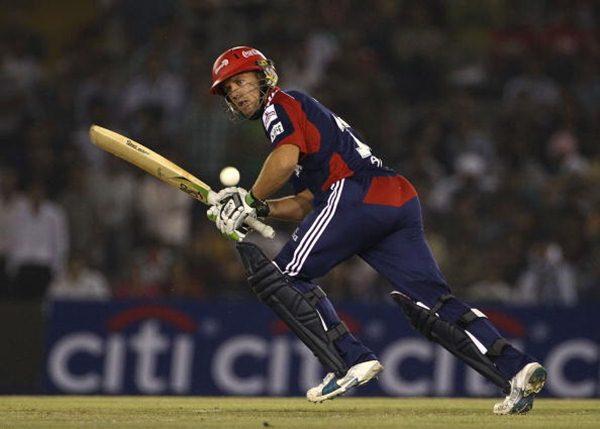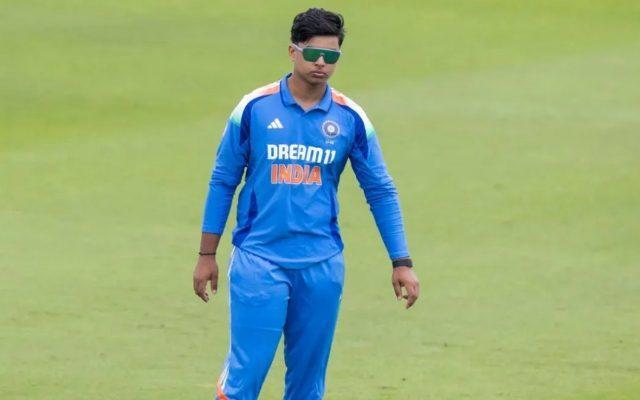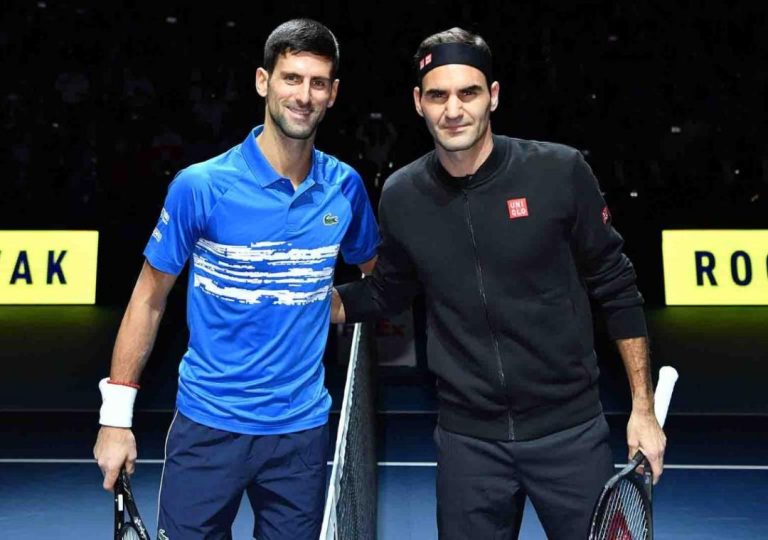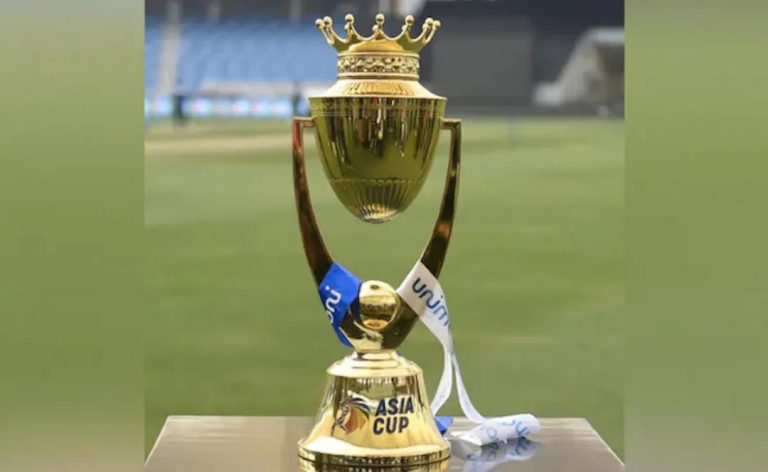
Title: There were lots of poisonous, cancerous characters in Delhi Daredevils: AB de Villiers
In an exclusive interview, former South Africa captain AB de Villiers has revealed that his experience with the Delhi Daredevils (now known as Delhi Capitals) in the Indian Premier League (IPL) was a tumultuous one. De Villiers played for the franchise from 2008 to 2010 and recalled the team’s struggles during that period. In an interview with cricket.com, de Villiers stated that the team was plagued by “poisonous and cancerous characters” that made it difficult for him to perform on the field.
De Villiers, who is widely regarded as one of the greatest batsmen in the history of the game, joined the Delhi Daredevils in 2008, soon after the franchise was founded. The team had a decent run in their inaugural season, finishing sixth on the points table. However, things began to unravel in the following seasons, and the team struggled to find consistency.
In his interview, de Villiers attributed the team’s struggles to the presence of “poisonous and cancerous characters” within the squad. He stated that these individuals created a toxic environment that affected the team’s performance and morale. De Villiers claimed that the franchise told him he would be retained, but ultimately, he was released from the team after the 2010 season.
The presence of “poisonous and cancerous characters” is not a new phenomenon in professional sports. Many players have spoken out about the negative impact that team-mates or coaches can have on their performance and well-being. In cricket, teams have often struggled with issues such as cliques, rivalries, and personal conflicts, which can affect the team’s performance and overall dynamics.
De Villiers’ experience with the Delhi Daredevils is a prime example of how these issues can arise and have a significant impact on the team. Despite being a highly skilled player, de Villiers struggled to adapt to the team’s dynamics and was eventually released. His comments serve as a reminder that professional sports teams are not immune to the challenges and conflicts that arise in any human organization.
The Delhi Daredevils’ struggles during de Villiers’ time with the franchise were not limited to the presence of “poisonous and cancerous characters.” The team also struggled with consistency and injuries, which further exacerbated their problems. De Villiers’ departure from the team marked the end of an era for the Delhi Daredevils, and the franchise went on to rebrand itself as the Delhi Capitals.
In recent years, the Delhi Capitals have undergone significant changes, including the appointment of new coaches and the signing of new players. The team has also made significant improvements on the field, finishing as runners-up in the 2020 IPL season. While de Villiers is no longer associated with the franchise, his comments serve as a reminder of the challenges the team faced during his time with them.
In conclusion, AB de Villiers’ comments about the Delhi Daredevils’ struggles during his time with the franchise serve as a reminder of the challenges that professional sports teams can face. The presence of “poisonous and cancerous characters” can have a significant impact on a team’s performance and morale, and it is essential for teams to address these issues to achieve success.
As de Villiers’ experience with the Delhi Daredevils demonstrates, even the most talented players can struggle to adapt to a team’s dynamics. The comments also serve as a reminder that professional sports teams are not immune to the challenges and conflicts that arise in any human organization.






